Invert the Drama Triangle to Upgrade Your Recovery
Using the drama triangle, this newsletter applies those principles to the addict's journey and offers an inverted triangle to supplement the recovery process.
______________________________________________________
I can remember many nights of pulling into the driveway after a long day of work. A heavy sigh indicated feeling shellshocked by all the roles I had played:
The crafty salesman.
The influential leader.
The responsible citizen.
The supportive coworker.
The obedient subordinate.
The charismatic networker.
Changing hats all day can be exhausting. Each role requires its own unique set of perspectives, responses, and approaches. It can be easy to lose your sense of self.
(Here is the video version if you'd rather watch/listen)
Or, as in my case, multiple roles allowed me to drown out my sense of self because I believed it would be rejected.
Back to my story:
My car lights prompted two little silhouettes running through the house. My kids would meet me at the door. Now it was time for more roles.
The playful daddy.
The academic scholar.
The attentive husband.
The handyman/gardener.
The shrewd financial manager.
And at some point, I would collapse into bed.
The prior list was only my sub-roles; my main arch was playing the martyr. The story in my head placed me as the sacrificial lamb to keep everything else alive. I thought of myself as a hero because I placed my needs last.

The truth was that I made myself indispensable so I could feel a shred of self-worth. If we aren't claiming our inherent worthiness, we will look everywhere else to find it.
My story is a prime example of how addiction does not discriminate. From the affluent to the homeless, all addicts share common ground. Externally, I was an all-American dad and a successful leader. Internally, my emotions bubbled and churned like volcano lava.
Fortunately, there is an academic term to describe my martyr-like behavior. Stephen Karpman's Drama Triangle (seen below) coined the various roles of dysfunctional social interactions. Karpman's work didn't focus on addiction but is relevant to the roles we accept as addicts. I was acting The Rescuer.

The Rescuer, rather than martyr, is a more accurate reflection of the role I accepted. Rescuers jump in to "save" others or the situation at large. The Rescuer strives to be an indispensable solution to all problems. Becoming all things to all people helps to deflect their trauma and feed off of the validation.
This season of my life was the incubator for active addiction.
The Victim perceives the world as "out to get them". They will always find blame for their current life condition. There is a complete lack of accountability. As addicts, it can be easy to assign blame to parents and/or adverse life experiences.
This can be tricky for me as I help clients peel back the layers of their addiction. Together, we pinpoint circumstances that created the conditions for addictive behavior. (For more on this, see my article When the Why Matters). This is an act of self-awareness, not blame.
The Persecutor is like an overly critical parent. They are the first to point out the flaws in others or situations. They act as self-appointed auditors of others' recovery journeys. And like an auditor, they assume self-appointed immunity to any mistakes.
The Recovery Triange: Inverting the Drama.
For your consideration, I've created an inverse of the traditional drama triangle. If you identify with one or more of the Drama Triangle roles, this gives you a blueprint for evolution.
As with anything else, every role has light and shadow aspects. I've presented here the light aspects of the Drama Triangle.
For example, if you are playing the Victim role, do not reject or dismiss this part of yourself. Embrace that it served you for a season and then transmute it into a higher version, i.e. The Alchemist.

I created this model by incorporating the universal Law of Polarity. The Law of Polarity states that everything is on a spectrum of opposites. For instance, hot and cold exist on opposite poles of the same element: temperature. Hot contains some cold in it and vice versa. Components of both sides are essential.
Let's take a look at the inverted Recovery Triangle roles:
The Alchemist observes the injustice of trauma and maladaptive tendencies but does not identify with them. The narrative of victimization shifts into one of empowerment. The Alchemist transforms the dull ore of what happened to them into golden opportunities.
The Alchemist: transmuting.
The Healer seeks to give back through service to others. Their motivation is to facilitate individual empowerment. The narrative of the savior complex shifts into servanthood. The healer anchors into their own adverse experiences to equip others to grow.
The Healer: developing.
The Unifier upholds the oneness of all creation. He advances the notion that there is no right or wrong, only learning. The narrative of persecution shifts into interdependence. All hierarchy is dissolved. The Unifier understands that everyone is a reflection of himself.
The Unifier: harmonizing.
I spent many years priding myself in fixing others' messes. How could helping other people feel better be a negative trait? It felt good to me at the time.
So it is with shadows. The unconscious rejection wound pushed me to plunge myself into the needs of others so I could ignore my own. I was carrying deep pain that sought out external validation.
I was addicted to fixing other people.
Using the Recovery Triangle, I can now embody the inverse role of Healer. This is what motivated me to launch my Sobriety Coaching business. I help others feel empowered to heal and show up as their best selves.
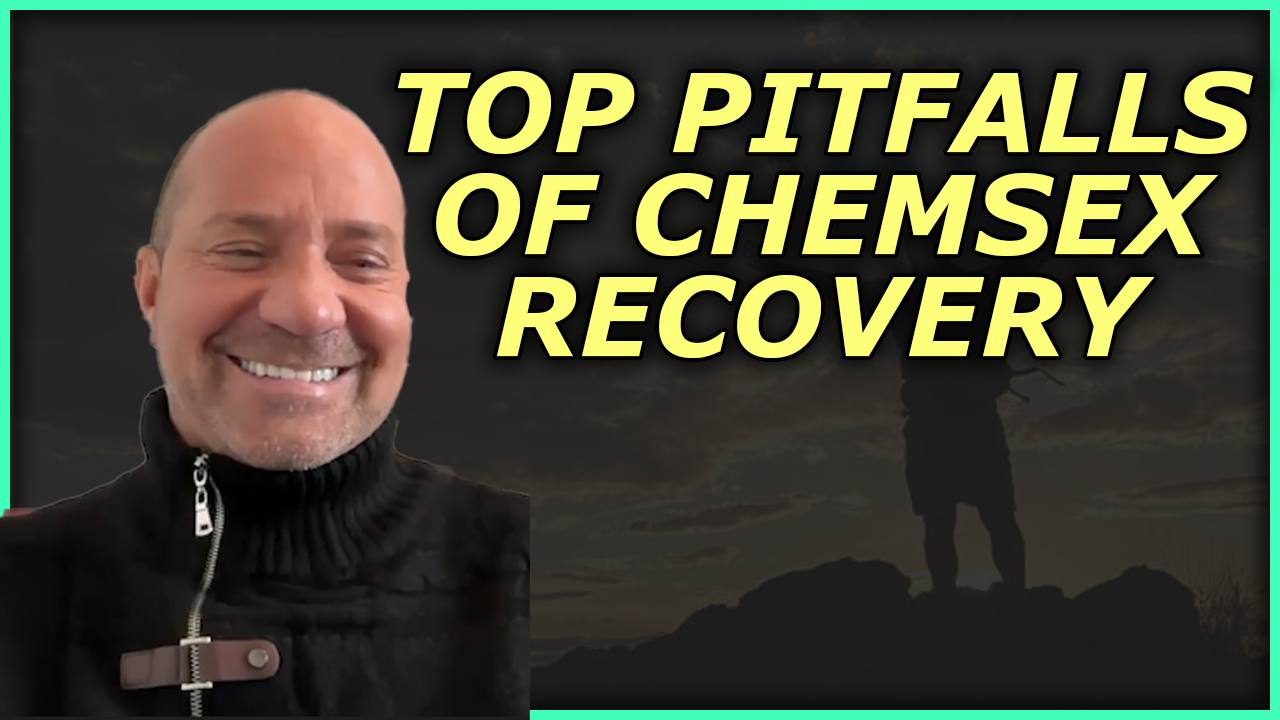
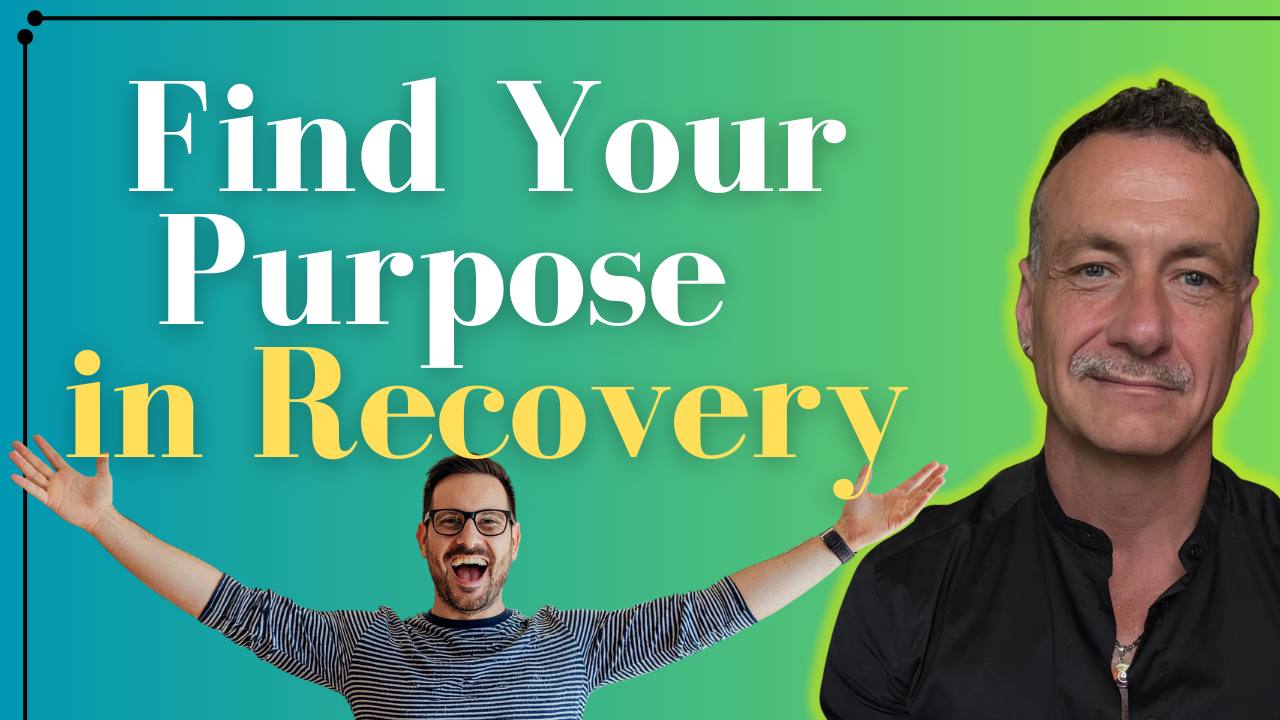
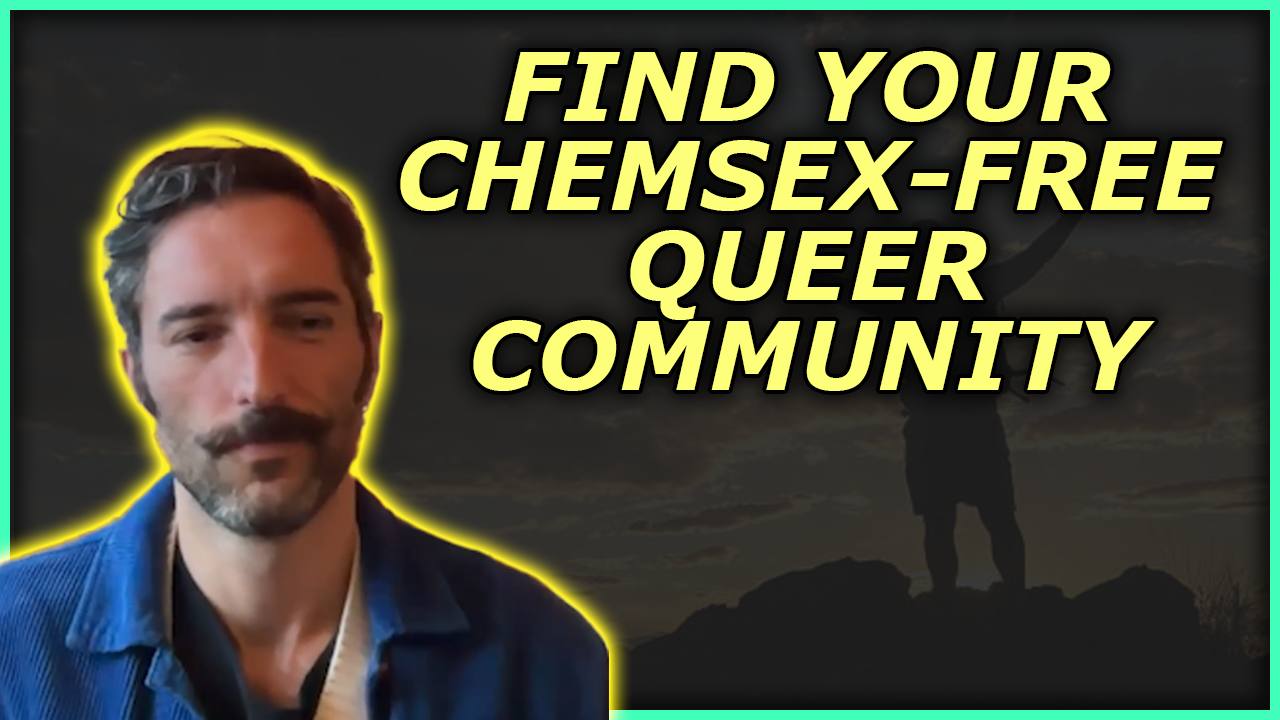
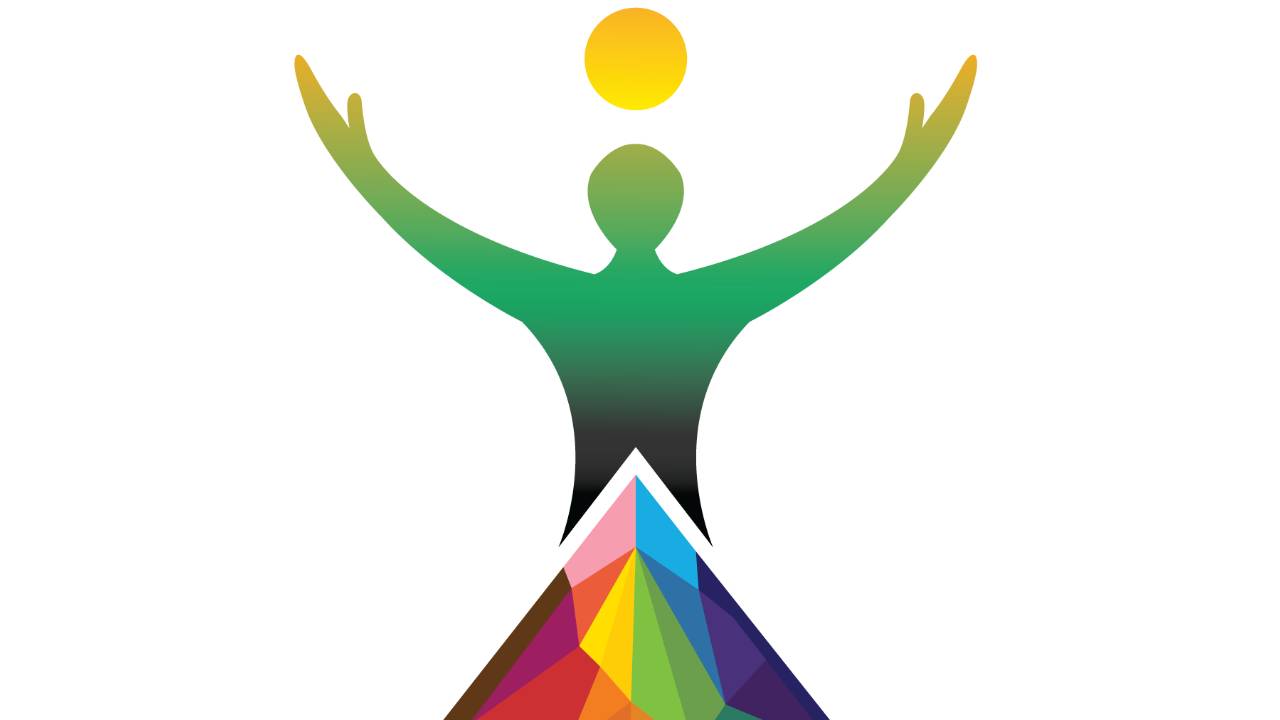
Responses